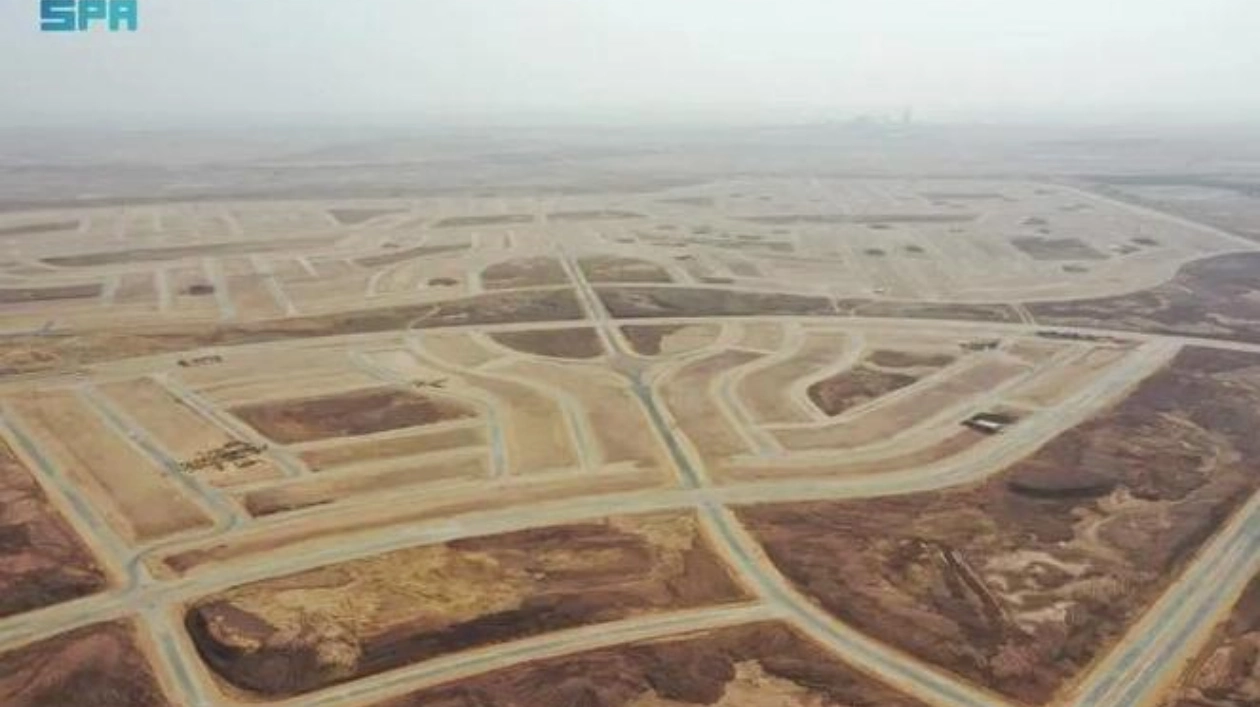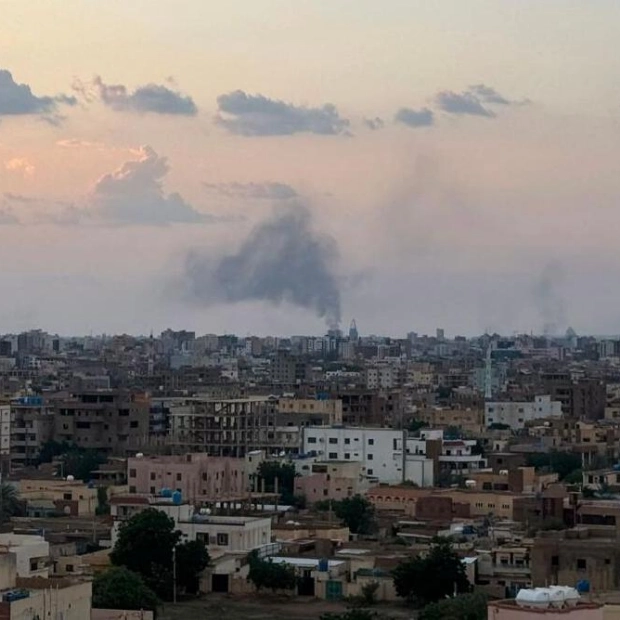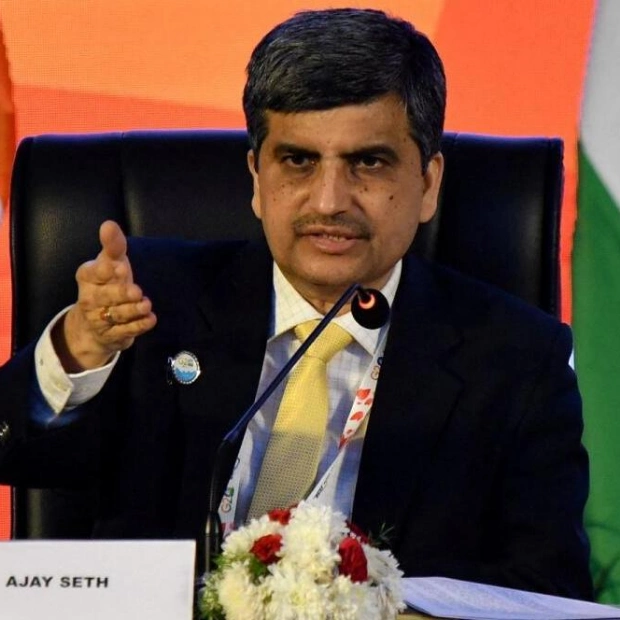RIYADH: The Qassim region's untapped mineral wealth, valued at SR122 billion ($32.5 billion), positions it as a pivotal player in Saudi Arabia's Vision 2030 strategy, according to a spokesperson from the Ministry of Industry and Mineral Resources.
Jarrah bin Mohammed Al-Jarrah shared on X that Qassim is home to high-quality mineral ores, including lead, tin, granite, and tungsten. The Kingdom's strategic emphasis on economic diversification has elevated the mining sector to a central role in national development plans, with the country's mineral wealth estimated at SR9.4 trillion.
The total value of Qassim's resources is projected at SR122.3 billion, with gold contributing SR87.7 billion, bauxite at SR24.6 billion, zinc at SR4.7 billion, copper at SR4 billion, and silver at SR1.4 billion. Al-Jarrah emphasized that the region, situated approximately 400 km northwest of Riyadh, contains 35 mineralized belts, including 16 for gold, 15 for copper and lead, three for nickel, and one for zinc.
Qassim also boasts eight phosphate reserve sites and a bauxite mining complex, along with 32 mining complexes designated for construction materials, including 17 for gravel, nine for sand, and six for fill materials. The spokesperson noted that Qassim's industrial sector is robust and diverse, encompassing 580 factories.
About 84 percent of these facilities are located in the region's major cities such as Buraidah, Unaizah, Al-Rass, and Al-Badayea. Key industries include food and beverage production, basic goods, pharmaceuticals, and rubber and plastic manufacturing. The industrial workforce in the region totals 35,000 employees, with women comprising over 15 percent, reflecting ongoing efforts to empower women in the sector.
Minister of Industry and Mineral Resources, Bandar Alkhorayef, is scheduled to visit Qassim on October 9 to inaugurate several projects in industrial cities under the Saudi Authority for Industrial Cities and Technology Zones, also known as MODON. He will also participate in the launch of the Youth of Industry forum, designed to develop national skills in the industrial sector through specialized workshops and career counseling.
The visit will include the launch of initiatives to enhance human capabilities in the industrial and mining sectors, alongside meetings with investors during factory visits. Saudi Arabia's rich mineral resources, essential for various global industries, are transforming the Kingdom into a leading exporter of diverse energy types, moving away from its traditional role as an oil producer.
The Kingdom has significant potential to produce minerals crucial for the energy transition, such as aluminum, copper, rare earth elements, and resources needed for global agriculture.






